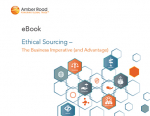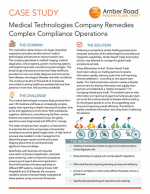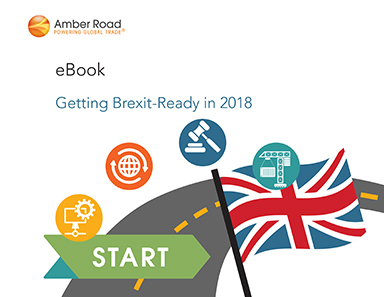Getting Brexit-Ready
There are great long-term opportunities from Brexit, but companies need to be preparing for the changes that are sure to come, and ready when they arrive.
Brexit-Ready
Saying that Brexit has been a shock to the business world is an understatement.
On June 23, 2016, British citizens decided to cut ties with more than 40 years of treaties and agreements covering thousands of different subjects, abandoning 25 years of common market.
Officials from the UK are meeting with other nations negotiating and defining what will happen in the post-Brexit era.
But to replace the EU FTAs alone, the UK would need to establish 759 separate trade pacts.
As in any major disruption, companies have to stay sharp.
There will be big winners and sore losers in this new scenario of opportunities and risks.
What’s in it for you and your organization? Have you prepared?

Where Do You Start?
One of the first steps to take for any company affected (those doing business in Great Britain post-Brexit) is to consider the cost of Brexit to your business by understanding your exposure to new risks and the constraints on ‘business as usual’.
Once realized, start planning your strategy to mitigate costs and generate better value and cost savings. Finally, you should identify new opportunities that could benefit your company.
What Will Be the Consequences of UK Regulation Changes?
Under the EU mandate, the UK was previously relying on common laws, standards, regulations, and trade agreements defined and negotiated from the EU’s governing body in Brussels.
Cutting ties with the EU Commission was a big motivator touted by pro-Brexiters, for better or worse. For businesses, that means a whole new world of regulations to understand and comply with:
- Export and import controls defined by the UK and by each third party nation; these could be new, and more or less strict
- Taxes and duties: will your products get a tax increase?
- Product testing and standards: what will be the new constraints?
- Dual-use: will the UK keep the EU dual-use list, or will they diverge?
What’s Related




Favorites





